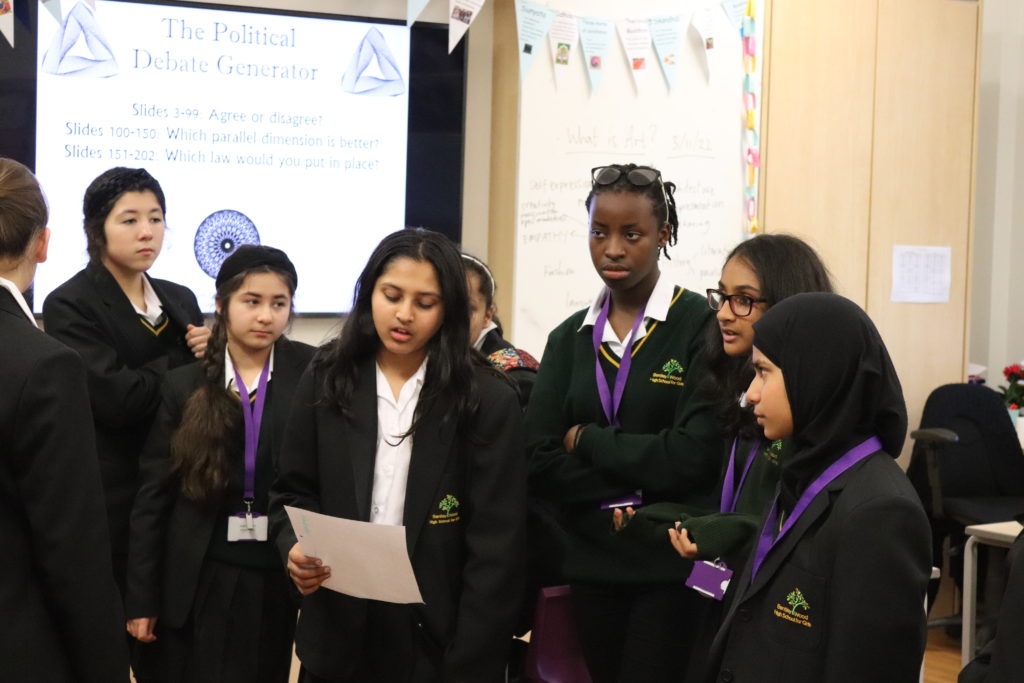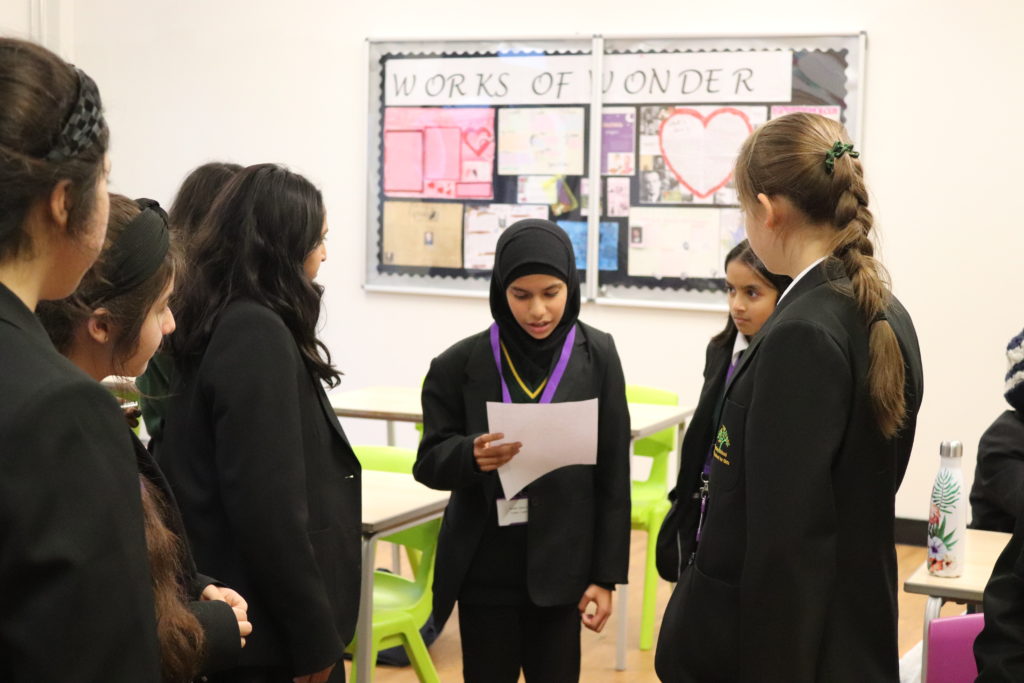- Home
- British Values
- Democracy
Democracy
The school promotes democratic processes, fostering the concept and application of freedom of speech and group action to address needs and concerns. Many changes to policies and strategies affecting staff are put to Middle Leaders first for discussion and feedback, and often to whole staff gatherings in CPD/training sessions. Key to this is the concept of holding others to account, including those in positions of authority and influence.
Through the election of School Council members to represent each class, children have many opportunities for their voices to be heard. The school council meets regularly to discuss issues raised in class. The school council is able to genuinely effect change within the school. The council members for each year group are voted in by their class. Such practices “encourage respect for democracy and support for participation in the democratic processes.”*
 Debate Club
Debate Club
We promote the concept of ‘fair play’, the following and developing of rules, inclusion, celebrating and rewarding success, being magnanimous in defeat, and encourage participation in activities that promote kinship and affiliation with others. Senior Leaders share and examine research on fairness in the classroom, for example in data about internal exclusions and ‘behaviour points’ broken down by ethnic background.
Pupils have the opportunity to examine democracy itself in various parts of the Curriculum. For example, in History students study dictatorships, such as those of Hitler and Stalin, as well as what can happen when democracy is undermined. In Philosophy, students study “material on the strengths, advantages and disadvantages of democracy”* such as arguments from Plato’s ‘Republic’, and examine it as a value and as a political system.

